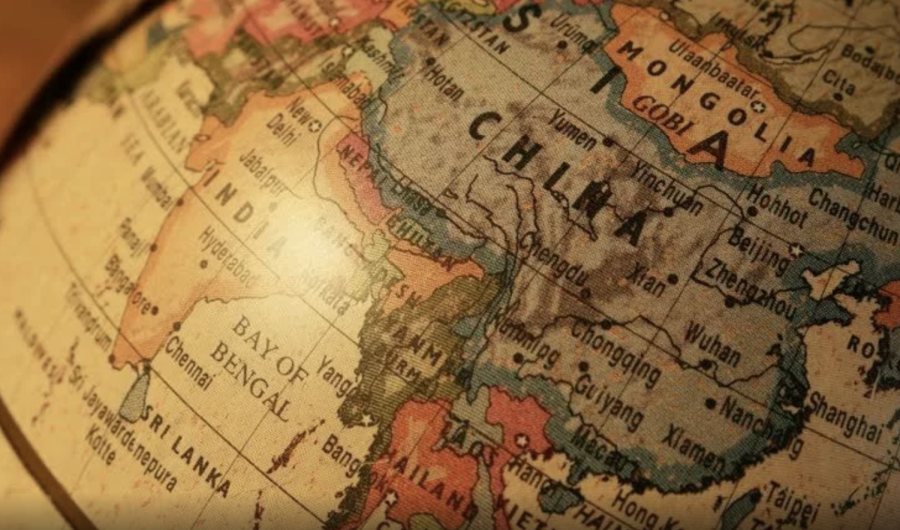Living History
What can we do in our lifetimes to influence the story of history?
At the end of each year in World History, I tell my students to go from my class and make their own history. World History is all around us, and it will never cease. At least not in our lifetimes. This short, closing remark is often met with half-laughs and eye-rolls as students ascend from their seats and move on to take their next final or leave for the afternoon. Most have forgotten those words before they even walk out into the hall. Yet the importance of history lies in what we make of it ourselves, and how we use it going forward. Those few sentences are some of the most important that I share as a teacher.
These words wrap up history in its own relevance. History does not begin and end within the confines of textbooks, no matter how heavy and lengthy they may be. We look at events and people in history to help us better understand our present.
For instance, we can analyze the lead-up to conflict during World War I to gain a deeper understanding of nationalism and tensions between Russia and Ukraine today. Or consider when trying to establish public health policies to combat Covid-19, we benefit from lived experiences and practices during the Flu Pandemic of 1918. Whether we like our present or not, we can no longer rely on the likes of Lincoln or Curie or Tubman to change it for us. Presently, we get to be the vessel of change and must use history as our guide. Toni Morrison sums this up best with “if we understand a good deal more about history, we automatically understand a great more about contemporary life.”
I also share these words to inspire. In history classes, we spend the majority of our time learning about significant and influential figures who have shaped some considerable aspect of the world. Yet, the vastness of history is truly decided by the everyday interactions of normal people. Wars cannot be waged by individuals; revolutions cannot be started without a crowd; nations cannot be formed without a community coming together. The way we choose to live our lives will influence history for centuries to come. The story of World History is considerable, but it is also unfinished. We are living through the tale of history, and the actions we take, the decisions we make will operate as its continuation. We have the power not to rewrite, but to extend this great story.
So, how will we choose to shape the future? What decisions and actions will we take to determine the way of this world? How can we use history as our guide in this process? When we study history, these questions are essential to consider. These answers will not come easily. Our names may not end up mentioned in future history books, but when we confront these questions, we progress the story of world history nonetheless.









